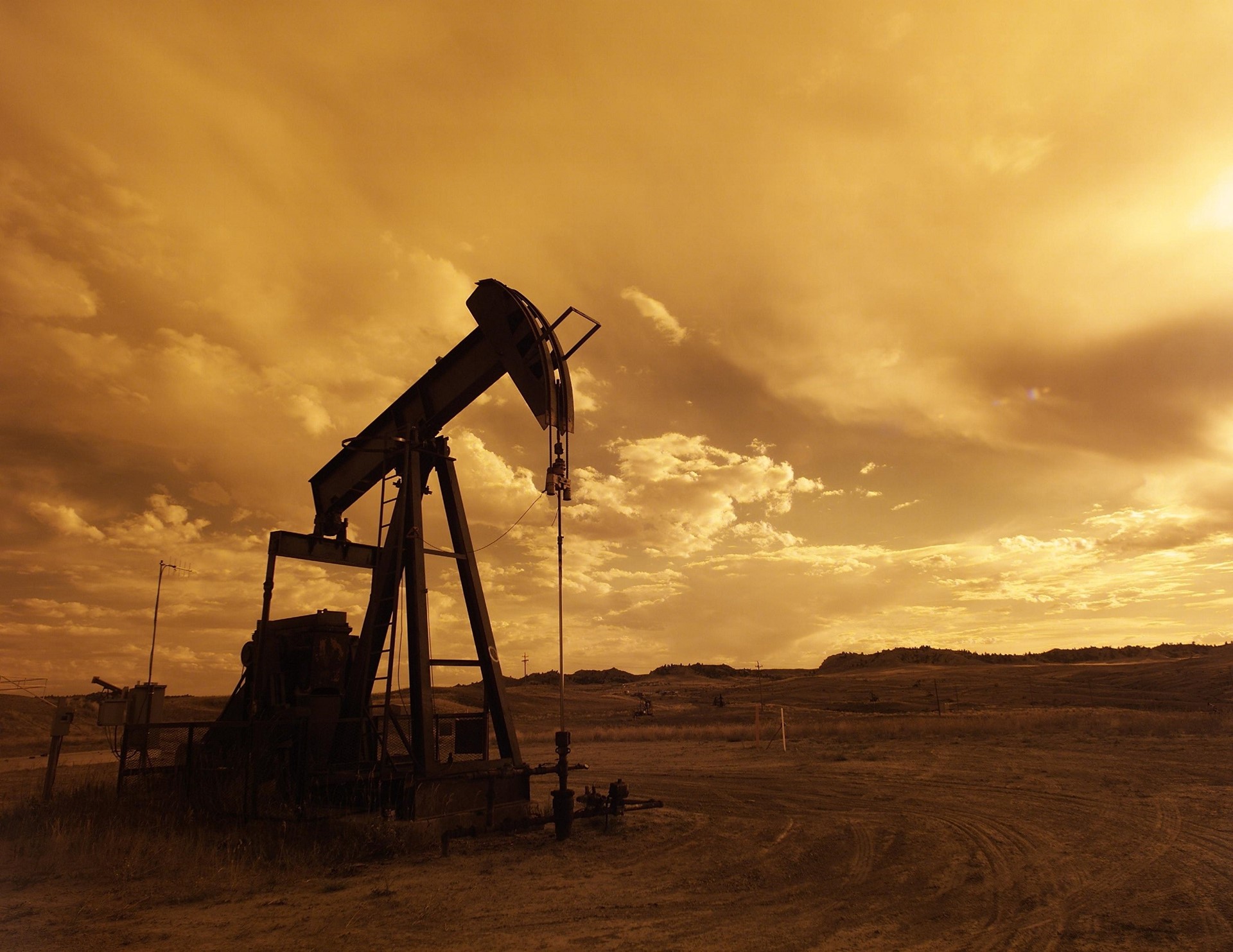
What happened at COP27?
22 November 2022
This year’s global climate summit has drawn to a close during a time when progress is essential for the protection of our planet. There were high hopes for this year's COP, so what has COP27 delivered?
An Adaptation Agenda was launched by COP27’s presidency. It represents a comprehensive 30-point list of adaptation outcomes necessary to achieve a climate resilient world by 2030. Approximately 4 billion people are living in the most “climate vulnerable” communities across the world without access to the finances, capital or infrastructure needed to protect themselves from climate change.
The Adaptation Agenda rallies state and non-state actors behind actions to mitigate five impact systems:
The most significant development at COP27 was the establishment of a pooled fund which will be used to assist the countries most affected by negative climate change impacts. This loss and damage fund will see developed nations contribute financially towards developing nations who have already suffered the consequences of environmental degradation, including flooding, drought, and waste mismanagement.
Barbados Prime Minister Mia Mottley summarised the attitude of the developing world in her speech at COP27: “I don’t need to repeat that we have the power of choice... we have the collective capacity to transform,” said Mottley. “The simple political will that is necessary not just to come here and make promises, but to deliver on them... seems still not to be capable of being produced.”
Mottley adds “We were the ones whose blood, sweat and tears financed the industrial revolution. And now to face double jeopardy by having to pay the cost as a result of those greenhouse gases from the industrial revolution? That is fundamentally unfair.”
The reason why this fund is historic is because it recognises the very real and devastating impacts climate change is having on civilisations, and by holding wealthier nations financially accountable for this destruction, it should encourage more sustainable practices. Until this point, emerging economies have been frustrated by the hypocrisy of wealthier nations who are seen to have primarily caused the climate crisis, but now there is accountability and support.
The most glaring absence coming out of COP27 is progress regarding language on fossil fuels. Following on from COP26, there were expectations that this year’s summit would see an international agreement to phase-out all fossil fuels over the coming years - but no such agreement was made. Many leading climate scientists and environmental organisations have stated that in order to stay within the 1.5C warming target, the world’s largest emitters must show some inclination to phase out fossil fuels. Critics say the higher number of fossil fuel delegates at this years summit, 25 per cent more than last year, may have influenced the reluctance to commit to the phasing out of all fossil fuels.
Concerns have also been raised about “a serious loophole” present in the COP text referring to “low emission and renewable energy” which could make room for further gas resources to go ahead in lieu of renewable options. Countries could justify their pursue of new gas pipelines by claiming that gas produces less emissions than coal and is therefore “low emission.” A clear definition tying participating nations to renewable energy would have dispelled any confusion.


Are we on track to achieve the 1.5C warming target? COP27 provided no clear commitment to thisr. Businesses were “strongly urged” to take action as “the world is watching”, but with the United Nations confirming that current trajectories will see the Paris Agreement’s 2C pathway exceeded, more is needed than a stern warning to avoid the catastrophic effects this extreme temperature will have across the planet.
Global emissions must peak by 2025 for warming targets to remain realistic and attainable. However, a commitment to this didn’t make it into the final text and environmental groups are expressing serious concerns over whether or not the 1.5C target will be honoured. Scientists currently predict a 50/50 chance that we’ll exceed this limit in the next five years.
Brazil’s president, Luiz Inacio Lula da Silva, delivered one of the most significant speeches with his pledge to reduce deforestation; something which accelerated under former president Jair Bolsonaro. Protecting the Amazon and forest conservation were Lula’s primary focus as he announced a collaborative project with Indonesia and the Democratic Republic of Congo, the largest forest nations in the world. Lula announced a commitment to zero deforestation by 2030; a positive step towards protecting and restoring global forests.
Aside from this, biodiversity and nature weren’t focal points at this year’s summit which has proved disappointing ahead of the 15th Biodiversity COP which will be held in Montreal next month. The aim of the event is to formulate plans to prevent nature degradation within the next decade and support restoration. However, it is currently unclear how many leaders will be attending next month’s summit. More progress is required to ensure goals such as the 30x30 target, pledging to protect at least 30 per cent of land and ocean by 2030, can be delivered.
Overall, with optimism from Paris and Glasgow, COP27 was expected to be a landmark for climate justice. Instead, it has left much to be agreed upon at COP28.